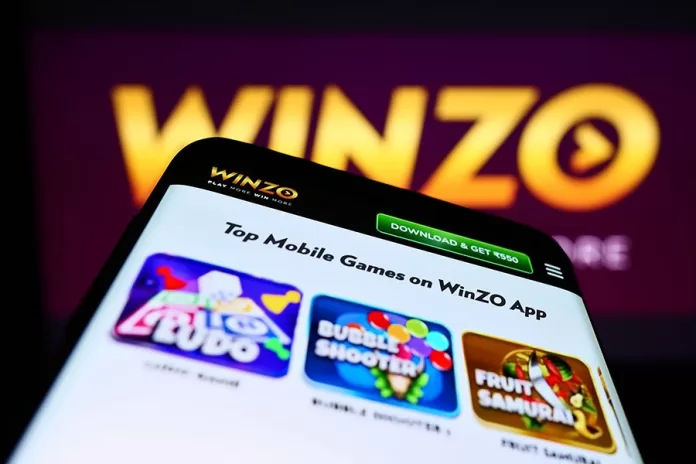WinZO, a vernacular skill-gaming platform, has made significant strides in addressing a pervasive challenge in the gaming industry—developing a transparent methodology to differentiate games of skill from games of chance. Collaborating with professors from esteemed institutions like IIT Delhi, IIT Kanpur, IIT Madras, Stanford University, and more, WinZO has created a scientific model to accurately distinguish between skill-based and chance-based gaming activities. This initiative aims to enhance transparency, fairness, and accountability in the gaming industry, resolving the critical issue of skill versus chance.
The collaborative effort resulted in statistical tests utilizing real game data and user behavior analysis of over 100 million users and billions of game plays. This innovative methodology clarifies the distinction between skill and chance, offering a potential solution to regulatory challenges in the evolving business models of the gaming industry.
Concerns about the independence of proposed Self-Regulatory Bodies (SRBs) in India’s online gaming sector prompted WinZO to work with global academicians. The resulting scientific model can be applied to any game without requiring access to proprietary data, addressing potential threats to early-stage innovations and reducing compliance burdens for the online gaming sector.
Paavan Nanda, co-founder of WinZO, emphasized the importance of a predictable, transparent, and accountable methodology for determining a game’s skill level. The scientific model, validated by top statisticians globally, aims to democratize the assessment of games on skill, empowering startups and reducing financial challenges.
WinZO has also partnered with institutions like IIT-D, DTU, NSUT, and IIITD to launch its cybersecurity program, Code Health and Security Evaluation (CHASE), responding to the growing internet penetration and digital transactions in tier 2 to tier 5 cities in India.














